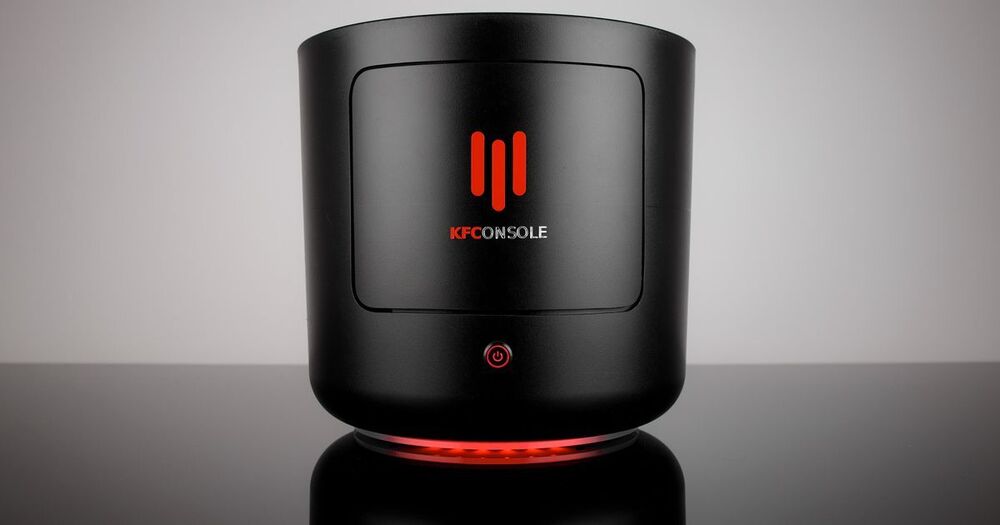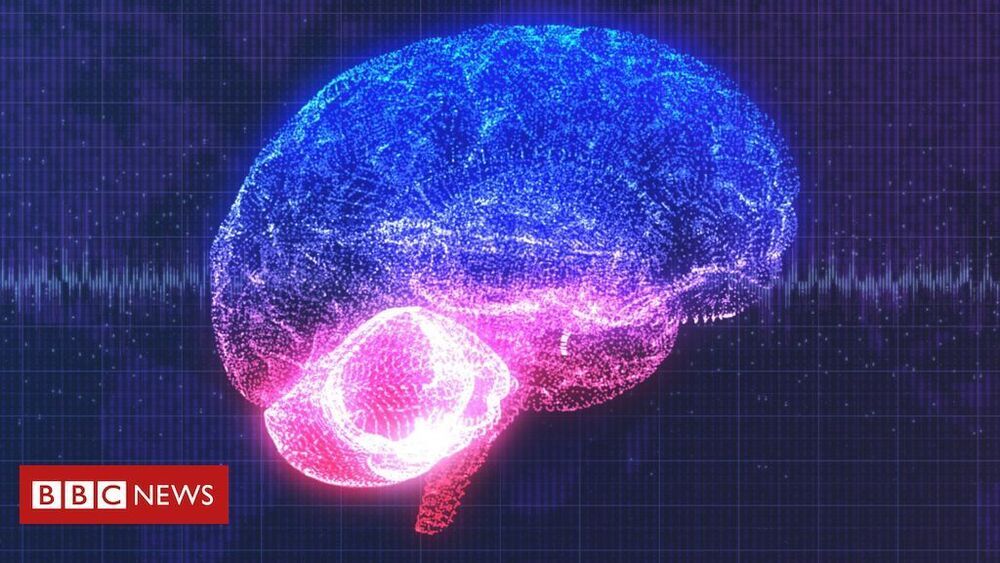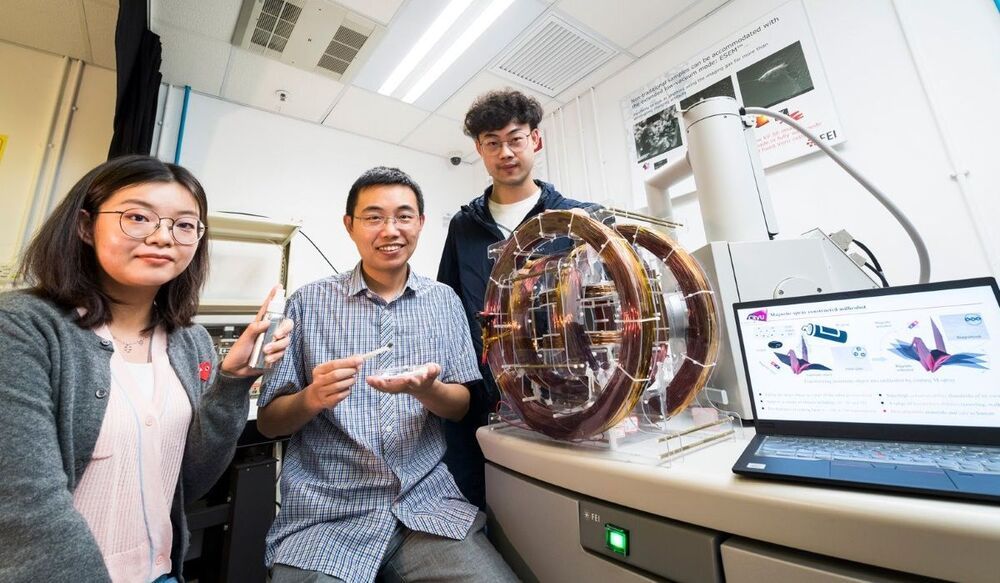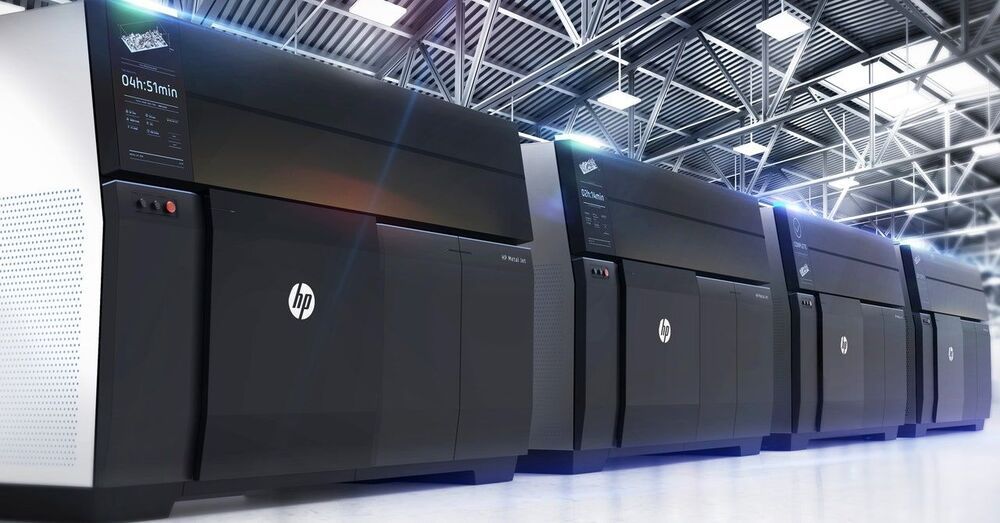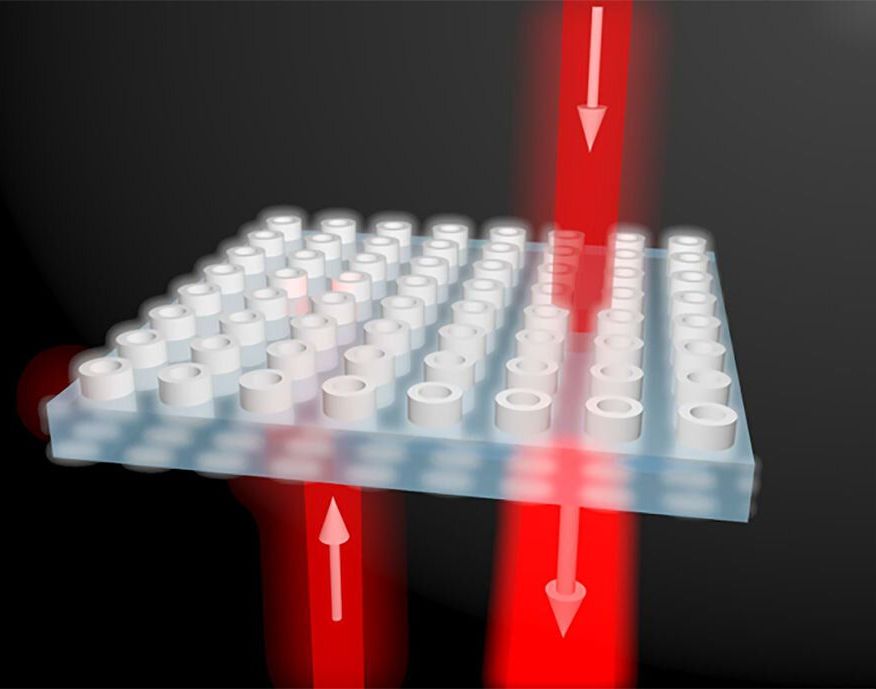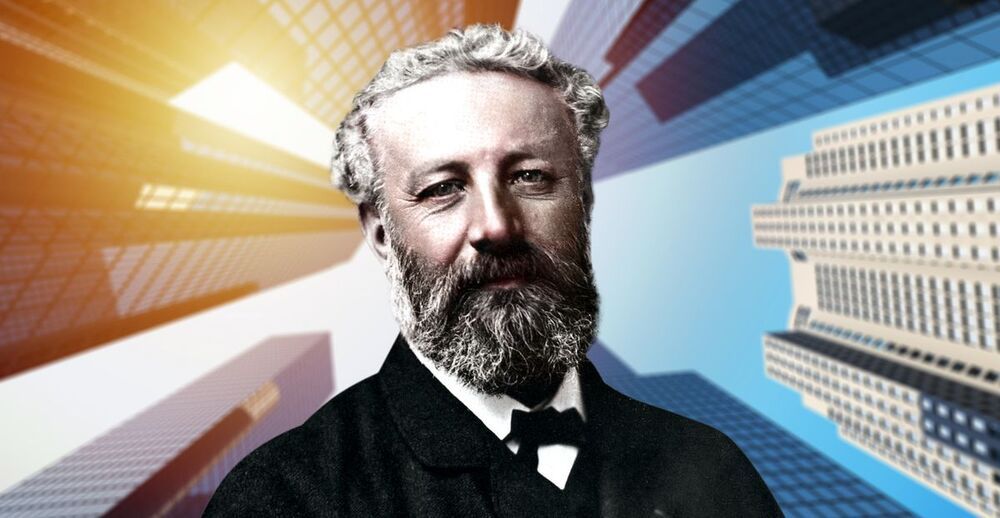Intel PR rep Mark Walton unveiled the new chicken-warming KFConsole on Twitter on Tuesday, reassuring confused gamers that the KFConsole is real and not a hoax. The official KFC Gaming Twitter account also released a new video on Tuesday showing off the chicken-warming chamber.
“Yes, it’s real,” Walton tweeted. “Yes, it’s powered by Intel. And yes, it has a chicken warmer.” Walton also revealed that the Cooler Master is behind the unusual console.”
The fast-food chain unveils a real gaming console powered by Intel that keeps your fried chicken warm while you play video games.
